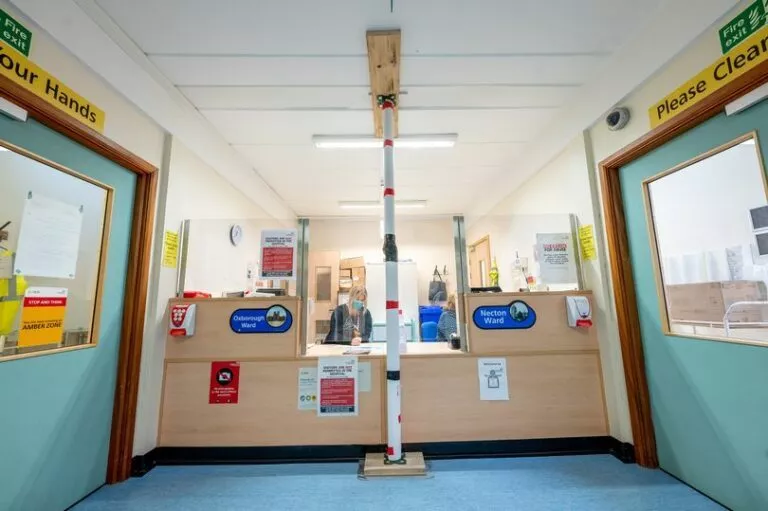
“Ticking time bomb and chocolate aeros”
It isn’t often that concrete makes headline news but there’s clearly something in the water…
Or maybe in this case…there’s water in the something?
Namely the steel.
What’s the issue?
The BBC news has featured Structural Repairs twice this year, reporting on defective and delaminated concrete.
We have travelled from Brent too Brighton but we are not the only ones to have been doing a little digging around.
In fact, no digging was really needed by the Daily Mirror.
The newspaper uncovered the stories.
Best guess is 30 NHS hospitals and buildings could collapse without warning.
Caroline Shaw, the then CEO of The Queen Elizabeth Hospital King’s Lynn NHS Foundation Trust, labelled these hospital horror stories as “ticking time bombs” last year.
In the space of less than a year they’ve now morphed from “ticking time bombs” into a sweeter sounding but no less malignant problem….”chocolate aeros”.
What’s the cost?
According to The Mirror, it may cost approximately £1 billion to repair the hospitals made from hazardous concrete (by the way, hello there, we are here!). The government has been criticized for “not fixing the roof when the sun was shining.”
It all comes (crumbling) down to RAAC – or Reinforced Autoclaved Aerated Concrete.
It is often seen as a cheaper, lighter alternative to traditional concrete.
RAAC was all the rage in the 60s up to the 90s and has these “bubbles” within it – hence the aero reference.
However, as with many things, cheaper isn’t always better value.
In the longer term there’s a real concern for how long these structures will last and how they can be repaired.
How big is the problem?
The Mirror’s report raises major concerns. Some of the hospitals mentioned in the report are constructed almost entirely from the hazardous concrete. It generally is a “ticking Time Bomb”
According to Mid Cheshire Hospitals Foundation Trust chief executive James Summer, whilst others just have a few buildings in jeopardy.
Either way, this is a problem that is not going to melt away. With Billions of pounds needed, this will be a call for the Department of Health and Social Care.
Without wishing to add to the sense of emergency, we suggest it is a 999 call, not a 111.